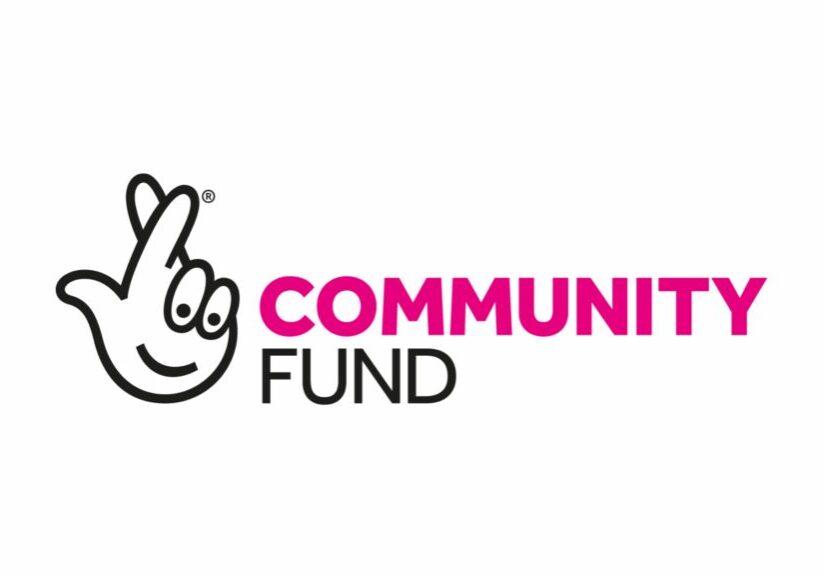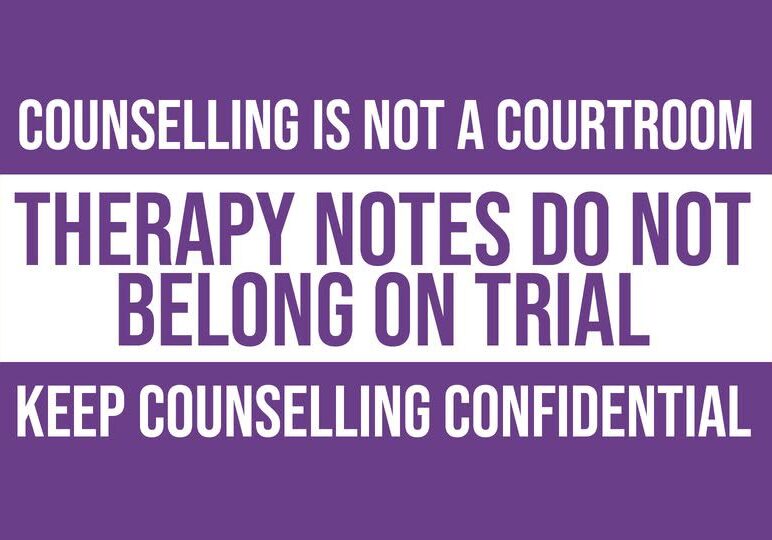Sexual Harassment in the Workplace
Empower your organisation to go beyond policies and build a culture where everyone feels safe and supported against sexual harassment.
**WORKER PROTECTION ACT (2023)**
On 26th October 2024, a new law was introduced, meaning that there is now a duty on employers to prevent sexual harassment in their workplace.
As an award-winning charity with more than a decade of supporting people affected by rape and other forms of sexual violence, we bring a unique, empathetic perspective to sexual harassment training with a focus on real behaviour change.
We’re experienced in delivering sexual harassment workshops to large multi-site global organisations in the retail and hospitality sectors, as well as local single-site organisations like law firms and local charities.
Our training can be delivered in-person or online and gives you the skills and tools to create an environment where people feel comfortable raising concerns, and where sexual harassment is less likely to happen in the first place.
“Highly recommend training from SARSAS, very informative and everyone felt safe to ask questions, reflect and learn. Our staff team now has a better understanding of what sexual harassment in the workplace could look like, the steps to take in responding and how to ensure the organisation is a safe environment for disclosures. Thank you!”
We will adapt our standard training approach to your organisation, but all our evidence-based training covers:
- spotting sexual harassment
- safe ways for bystanders to intervene
- the impact of sexual harassment in the workplace
- responding to disclosures with care and empathy
- using trauma-informed language
- strengthening policies and processes.
100% of people who took part in the training would recommend it to others



The investment
From £810 (half day, online)
From £1,440 (full day, online)
Enquire for in-person prices
In this section
The latest from our news and blogs

What is technology-facilitated abuse?
Technology-facilitated abuse covers a wide variety of actions and abusive behaviours. Online platforms can facilitate new forms of control an abuser could have over their victim such as monitoring online presences on social media, having control of accounts and access to emails.

SARSAS Awarded £260K Community Fund Grant!
We are absolutely thrilled to announce that SARSAS has been awarded a £260,000 grant from The National Lottery’s Reaching Communities Fund.

Keeping Counselling Confidential: campaign win
As one of 36 member centres of Rape Crisis England & Wales (RCEW), we’re celebrating a major step forward in protecting survivors’ privacy. Thanks to RCEW and partner organisations, new legislation will safeguard counselling notes – a key outcome of the powerful Keep Counselling Confidential campaign.


